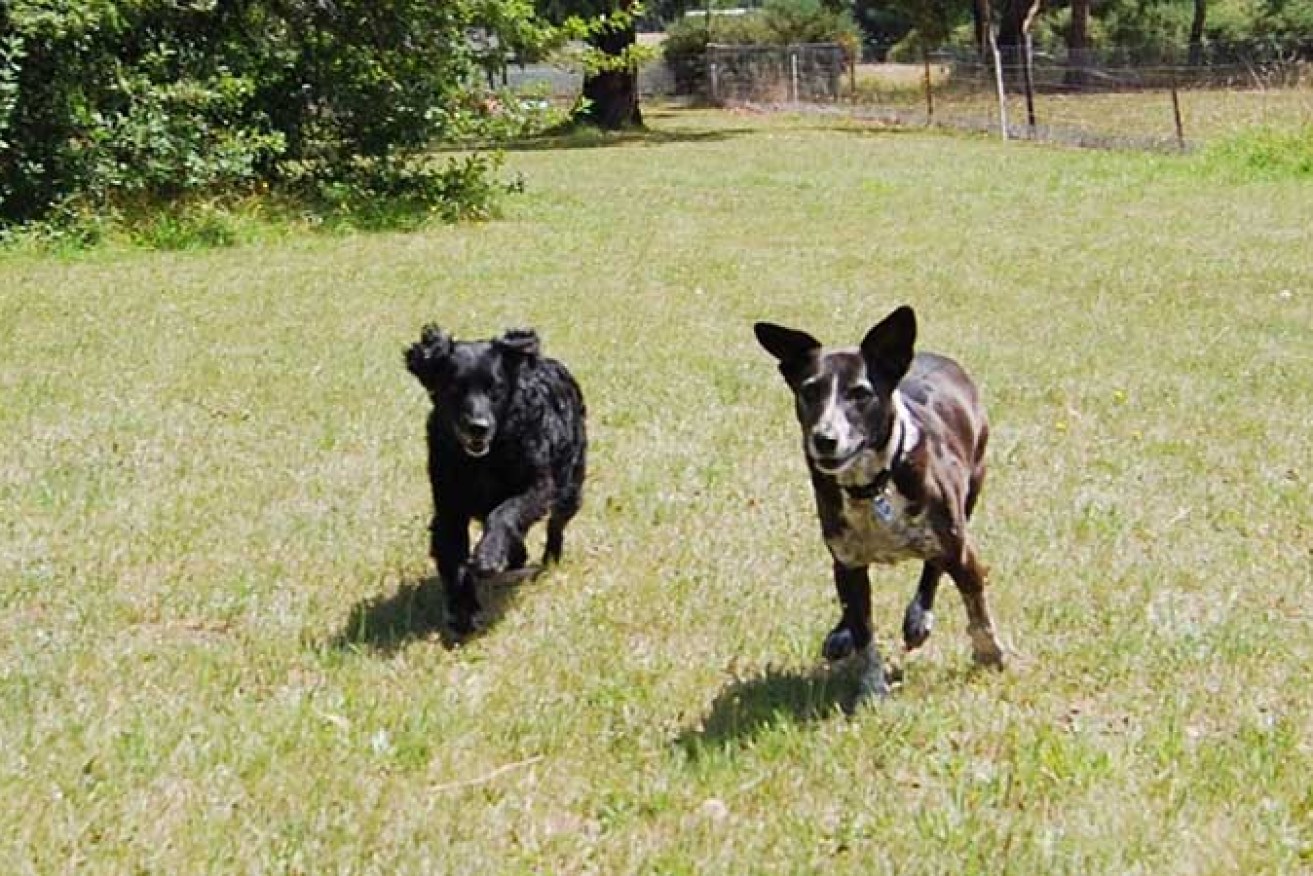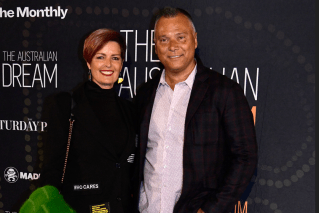How much is too much to spend on your pet?


Curly and Rosie, Louise Oldfield's dogs.
Devoted Australian pet owners splashed a record $2.6 billion on veterinary bills last year, despite declining pet ownership and concerns of over-servicing in the industry.

Only five per cent of owners have health insurance for their pets.
A report by market research company IBISWorld found that although the dog and cat population has reduced in the past five years, “the (veterinary) industry has expanded due to higher expenditure on companion animal vet care”.
“I think some (vets) prey on people (who would do) anything for their pets.”
The report found that pet owners are increasingly willing to pull out all the stops to prolong the lives of their ‘fur babies’ with veterinary services expanding to include a raft of advanced, and costly, animal surgical and diagnostic procedures. Owners are also more likely to invest in holistic and preventative treatments for their pets.
• How cat owners are loving their pets to death
• Does your pet have ‘small dog syndrome’
• Going for coffee is the new cigarette break
But are some vets cashing in on pet owner’s emotions by ramping up charges and over-servicing?
Victorian dog owner Louise Oldfield thinks some vets overcharge, but admits: “We would pretty much spend anything to keep them healthy”.

Curly and Rosie, Louise Oldfield’s dogs.
Ms Oldfield says she’s spent “a fortune” caring for her two canines. “Four cruciate ligaments; three for one dog and one for another, each over $1000,” she says. “Then blood tests, vet visits and medications, especially as they age.”
Ms Oldfield estimates she and her partner have spent almost $30,000 on vet care for their dogs.
“I do think vets are too expensive, but perhaps that’s because human health care is subsidised – so you have a bit of a heart attack when you see the amount for a simple prescription.”
“Our dogs are on glucosamine for their joint health, but if you buy a pet product it’s about three times (the cost) of a people product and it’s the same thing. I think some (vets) prey on people (who would do) anything for their pets.”
Australia has traditionally had one of the world’s highest rates of pet ownership, with an estimated 33 million pets in 2013.
Queensland woman, Kate*, says the more than $6000 she spent on vet care after her 13 year-old-cat was injured a year ago was worth every cent. The cat needed two operations, painkillers, antibiotics, cat morphine, recovery food and hospitalisation after injuring its jaw in an unknown accident.
“Was it worth it?” Kate asks. “Yes, because in human years he was only 65. Yes, because he’s become so ridiculously loving toward us (and) because he is perfectly recovered and extremely healthy and active.”
She admits, however, that if she had known the costs ahead of time she might have decided it was more than she could afford.

Victorian president of the RSPCA, Dr Hugh Wirth.
The past president of the Australian Veterinary Association, Dr Ben Gardiner, told CHOICE Magazine that if individual vets overcharged or suggested unnecessary treatment their clients would quickly go elsewhere. He said pet owners might be paying more because vets now offer more holistic treatment.
“These days a lot of vets are looking at the overall health of the animal, and that means pet owners have more options for treatments,” he said. “Vets are moving more toward preventative care. If a vet offers a range of options that could benefit the animal, I wouldn’t call that upselling. But if there’s a degree of coercion involved – if the vet plays on the owner’s sentiments and pushes things the animal doesn’t really need – we would consider that to be a violation of our code of practice.”
Despite the high costs of vet care only five per cent of owners have health insurance for their pets.
In a recent interview the Victorian president of the RSPCA, Dr Hugh Wirth said some vets immediately suggest costly diagnostic testing without offering alternatives.
“A vet should identify what treatments are available…and the costs and benefits of each option,” Dr Wirth said. “They shouldn’t make clients feel guilty if they choose the lower-cost option.”
* Kate’s surname has been withheld at her request








